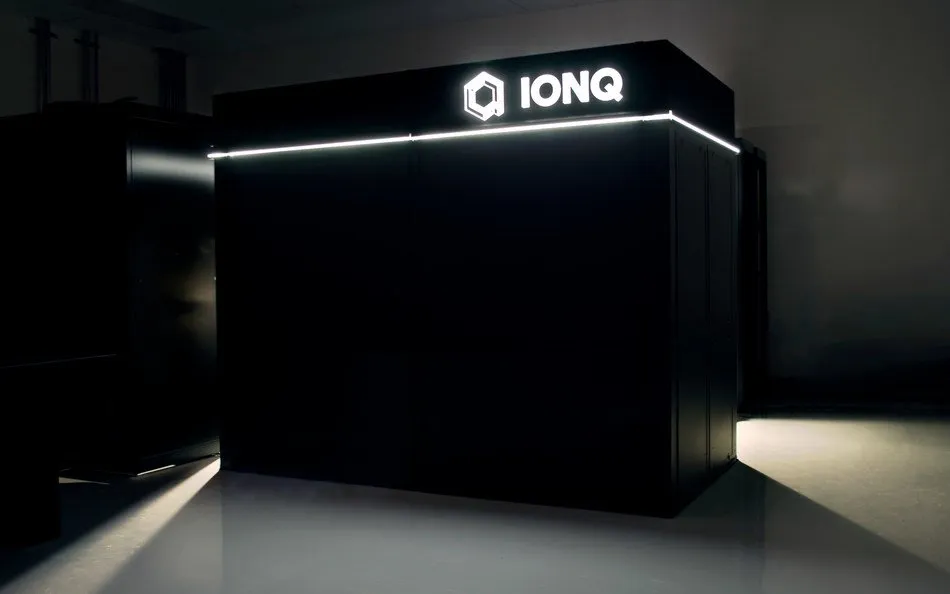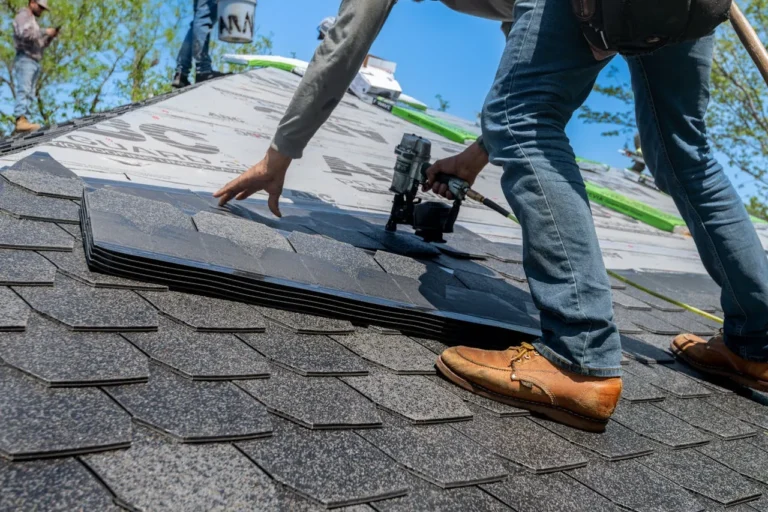
IonQ Unveils Compact Quantum Computing Breakthrough with XHV Technology
IonQ, a leader in the quantum computing and networking industries, has announced a major breakthrough in its pursuit of compact, room-temperature quantum systems. The company has successfully developed a next-generation ion trap vacuum package prototype, which represents a significant step toward miniaturizing quantum computing hardware while maintaining extreme performance standards. This advancement aligns with IonQ’s long-term vision of making quantum computing more practical, scalable, and energy-efficient.
The foundation of this breakthrough is IonQ’s newly completed state-of-the-art assembly chamber, which is designed to manufacture miniaturized ion trap vacuum packages capable of sustaining Extreme High Vacuum (XHV) conditions. XHV represents one of the lowest pressure environments achievable in laboratory settings and is comparable to the vacuum levels found on the surface of the Moon. By leveraging this technology, IonQ is pioneering an approach that eliminates the need for cryogenically enhanced vacuums, a common requirement in traditional quantum computing systems. This innovation not only reduces energy consumption but also significantly lowers operational costs, making quantum computing more accessible to enterprises and researchers worldwide.
The Significance of Extreme High Vacuum (XHV) in Quantum Computing
Quantum computers require highly controlled environments to ensure the stability of qubits, the fundamental units of quantum information. One of the biggest challenges in quantum computing has been maintaining such conditions while keeping the hardware practical for real-world deployment. Many existing quantum systems rely on cryogenic cooling and complex vacuum infrastructure, which increase both the size and energy demands of the hardware. IonQ’s innovative approach to achieving XHV without cryogenic support addresses these challenges head-on.

By utilizing cutting-edge materials and engineering techniques, IonQ has managed to create a vacuum environment that supports trapped ion quantum computing without the need for conventional vacuum pumps. The new ion trap vacuum package employs advanced pumping mechanisms that operate without moving parts, reducing system complexity and improving reliability. This milestone represents a significant leap forward in the field, as it lays the groundwork for the next generation of quantum hardware that is more energy-efficient, compact, and easier to maintain.
Miniaturization and Modularity: Key Advancements
One of the most striking aspects of IonQ’s latest development is the focus on miniaturization and modularity. Traditional quantum computing hardware is often large and cumbersome, limiting its deployment to specialized laboratory environments. IonQ’s new ion trap vacuum package is designed with modularity in mind, making it easier to integrate into different systems, replace individual components, and streamline maintenance operations.
Modular quantum computing architectures allow for rapid upgrades and scalability, two essential factors in the race toward practical quantum applications. By reducing the footprint of its quantum computing systems, IonQ is enabling broader accessibility and paving the way for real-world applications across industries such as finance, healthcare, logistics, and materials science.
A Word from IonQ’s Leadership
Dean Kassmann, Senior Vice President of Engineering and Technology at IonQ, emphasized the importance of this milestone in the company’s roadmap:
“Compact room temperature XHV is a key enabling component technology on our roadmap, and we expect it to result in simpler, smaller, and far more robust systems as we scale up performance, scale down size, and increase production volume for real-world applications,” Kassmann said. “Designing miniaturized ion trap packages that can achieve high vacuum underscores our commitment to breaking technical boundaries as we deliver enterprise-grade quantum computers.”
Kassmann’s remarks highlight IonQ’s broader mission: to advance quantum computing beyond the confines of academic and government research labs and into mainstream commercial applications. By focusing on making quantum computing systems smaller, more reliable, and easier to produce at scale, IonQ is positioning itself as a leader in the next wave of quantum technology development.
Eliminating the Need for Traditional Vacuum Pumps
Another critical aspect of IonQ’s latest innovation is the potential elimination of traditional vacuum pumps within quantum computers. Standard quantum systems rely on vacuum pumps to maintain the necessary environmental conditions for qubit stability. These pumps not only consume energy but also introduce additional points of failure that require ongoing maintenance.
IonQ’s new ion trap vacuum package is engineered to sustain XHV conditions without traditional pumps. This is achieved through a combination of novel material selection, advanced welding techniques, and micro-scale manufacturing processes that have not previously been applied to trapped ion quantum computing. The result is a system that maintains ultra-high vacuum levels with significantly reduced complexity, leading to greater system stability and lower maintenance requirements.
Complementing Other Groundbreaking Initiatives
The development of IonQ’s XHV technology is part of a broader suite of advancements the company has recently announced. Notably, IonQ has formed key partnerships to enhance its quantum computing capabilities further:
- Collaboration with NKT Photonics: IonQ is working with NKT Photonics to integrate advanced optical subsystems into future quantum computing platforms. Optical systems are crucial for quantum computing, as they play a key role in controlling qubits and enabling high-speed quantum operations.
- Partnership with imec: IonQ is collaborating with imec, a world-renowned research organization, to develop photonic integrated circuits (PICs) and chip-scale ion trap technology. This partnership aims to drive miniaturization and integration efforts that will make quantum computers more scalable and efficient.
These collaborations reinforce IonQ’s commitment to pushing the boundaries of what is possible in quantum computing. By combining advances in XHV technology with cutting-edge optics and photonics, IonQ is building a comprehensive ecosystem that will support the next generation of quantum applications.
The Broader Impact on Quantum Computing and Industry Adoption
The implications of IonQ’s latest advancements extend far beyond its own product roadmap. As quantum computing continues to mature, enterprises are increasingly looking for solutions that balance performance, scalability, and cost-effectiveness. Traditional quantum computers, with their reliance on large-scale cryogenics and complex vacuum infrastructure, have been difficult to integrate into commercial and industrial settings.
By developing compact, room-temperature quantum systems that achieve XHV without the need for traditional vacuum pumps, IonQ is addressing one of the biggest barriers to widespread adoption. These advancements could lead to:
- Lower energy costs: The reduction in power consumption associated with eliminating cryogenic cooling and vacuum pumps makes quantum computing more sustainable.
- Simplified maintenance: The modular design and elimination of moving parts reduce the need for frequent servicing, making quantum computers more practical for enterprise use.
- Greater deployment flexibility: Smaller, more robust quantum computing systems can be integrated into a wider range of environments, from data centers to specialized research facilities.
IonQ’s latest achievement in XHV technology marks a significant step forward in the journey toward practical and scalable quantum computing. By pioneering compact, room-temperature quantum systems, the company is not only improving the performance and efficiency of quantum hardware but also paving the way for broader adoption across industries.
As quantum computing continues to evolve, innovations like IonQ’s miniaturized ion trap vacuum package will play a crucial role in shaping the future of the field. With ongoing research, strategic partnerships, and a clear commitment to pushing technical boundaries, IonQ is well-positioned to lead the charge in bringing quantum computing out of the lab and into real-world applications. For more information on IonQ’s advancements and initiatives, visit www.ionq.com.




